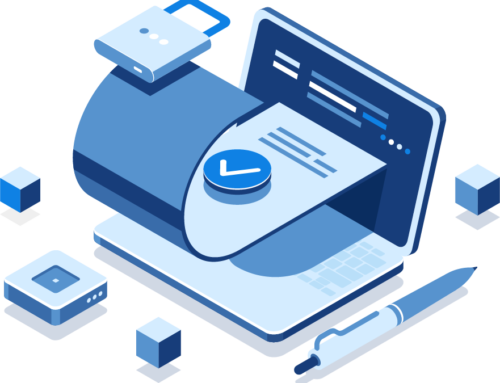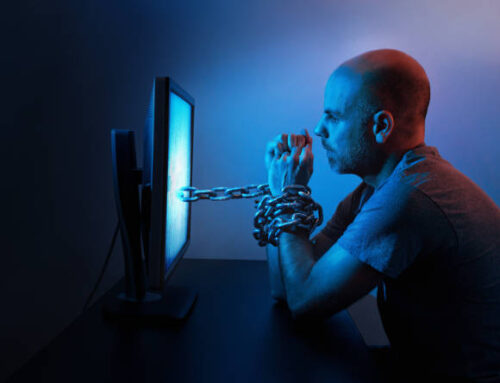Self-control and self-discipline are two important factors for having a happy and healthy life. People who lack self-control often give into impulsive behaviors and emotions, which might have some immediate benefits, but can cause serious problems in the long run. Unfortunately, a lack of self-control can be tough to manage, as the kind of behaviors that a less disciplined person engages in and tend to eat away at what little self-control we might have left.
This is certainly the case with porn addiction: research has shown that pornography actually rewires the brain to a more juvenile state. It can erode the prefrontal cortex, which is responsible for executive functions such as morality, willpower, and impulse control. This means that once porn has become a habit, it is difficult to break away from it.
Rebuilding your self-control after a lengthy stretch of time dealing with porn addiction can be a challenge, but it is possible! It simply requires you to be honest with yourself and willing to put in the work necessary to change.
Recovery Takes Time
If porn addiction could be beaten just by saying that you’ll stop watching porn, then there wouldn’t be any porn addicts. While everyone’s situation is unique, one thing is certain: if you have a serious porn addiction problem, you aren’t going to conquer it in a week or a month. Some people struggle for years to fully undo all of the changes that porn has done to their brains. This means that if you’re serious about quitting porn, you need to be in for the long haul.
Going into the recovery process with unrealistic ideas about how long it will take can cause you to become disheartened when things inevitably don’t go your way. This can lead one to abandon recovery and retreat back to their addiction. You didn’t develop a porn problem in one day and you won’t overcome your problem in a day either.
Porn Addiction Isn’t Your Only Problem
It might be hard to accept, but the fact is that if you’re struggling with porn addiction, you definitely have other problems to deal with too. Porn addiction is never just about “watching too much porn,” it is a litany of issues that pile on top of someone, weighing them down. People suffering from porn addiction often deal with depression, low self-esteem, and self-hatred, not to mention potential issues like erectile dysfunction, internet addiction, and a loss of interest in actual sex.
Simply put, porn addiction cannot be solved by stopping your porn use alone. All the problems associated with it must be identified and worked on together. Recognizing the various issues that compound and build on each other that drive that addiction makes it easier to address them.
You Aren’t Alone
Perhaps the most important thing to remember as you work to rebuild your self-discipline is that you aren’t alone in this endeavor. Around 200,000 Americans are considered “porn addicts” and 40 million American people regularly visit porn sites. Yet many are afraid to discuss any of this: one of the biggest reasons porn addiction has become such a problem over time is that many people feel embarrassed or ashamed of their behavior. When you can’t even admit that you have a problem, it is hard to find the support and guidance needed to succeed.
With people becoming more aware of the dangers of porn addiction, talking about it has become less taboo, which makes it easier to find some much-needed help. There are hotlines and support groups for people dealing with porn addiction, and several high-profile celebrities such as Terry Crews and Tiger Woods have admitted to struggling with porn addiction, speaking out on how it damaged their personal relationships.
This doesn’t necessarily make it easy to talk about, but it shows that porn addiction isn’t an isolated incident, it is something that many are aware of and struggle with. While your goal should be to build up your self-control and self-discipline to the point where you can beat your addiction and live a healthier life, having someone you can talk to about your problem and your progress can help to keep you accountable and offer support when times get tough.
Ultimately, the key to rebuilding your self-control and dealing with your addiction is to get help. Seeking support from loved ones, therapy, and potentially medical advice is all part of recovery. It will take time, it won’t be easy, but the sooner you begin the road to recovery, the sooner you can begin healing the damage done to your mind, and your life.





